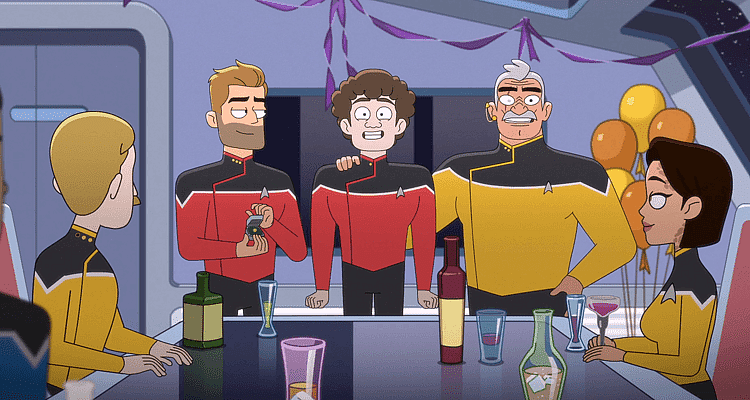Review: Star Trek: Lower Decks Episode 6 – Terminal Provocations – Who’s Going To Take The Blame For This One?
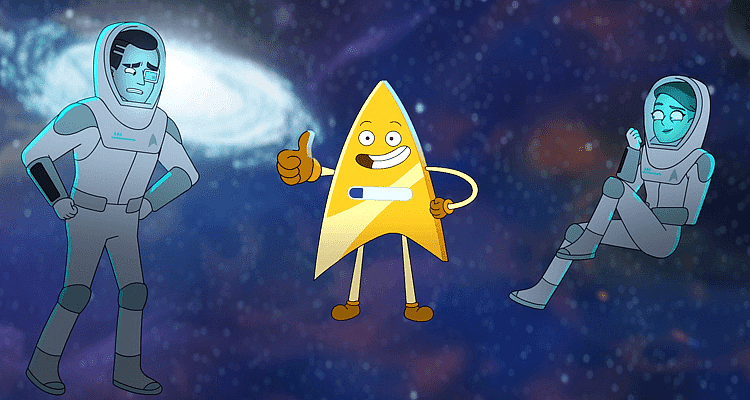
With so many incompetent crew members in charge of various operations onboard the USS Cerritos, it is genuinely surprising that the Lower Decks crew ever manage to get a Starfleet vessel out of a planet’s gravitational field.

In Terminal Provocations, audiences are introduced to Ensign Fletcher, a friend of Boimler’s from his time at the academy and an all-around helpful staff member of the Lower Decks. After Fletcher covers for Mariner and Boimler in order to allow them to catch a special performance of the ‘Chu Chu dance’, the two return to discover that Fletcher has allegedly been attacked and a computer core has been stolen. The three proceed to search the halls of the USS Cerritos in order to find the mysterious assailant.
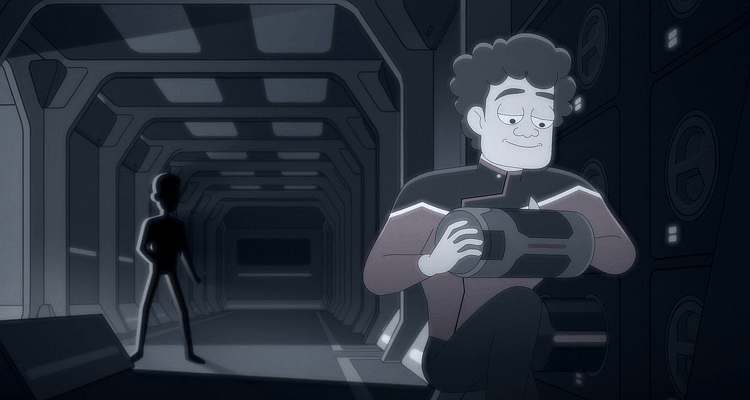
Related: Review: Star Trek: Lower Decks Episode 4 – Moist Vessel – A Slightly Better Assignment
After the group has made its accusatory rounds across the Cerritos, it is discovered that Fletcher was responsible for the core’s disappearance, as he hid the core after a failed attempt to download its computing power directly into his own mind. This results in the Fletcher’s brainwaves imprinting upon the core (ala Ultron and Jarvis in Avengers: Age of Ultron), which in turn causes the core to become sentient and rampage across the ship in search of technological matter to consume. The safety of the Cerritos soon falls into the hands of Mariner and Boimler, who are able to eject the technological monstrosity directly at a ship that had set its sights on destroying the Cerritos.

Related: Star Trek: Lower Decks Canadian Viewership Plummets After Premiere Episode
The episode’s secondary story follows Tendi and Rutherford, who are once again split apart from both their friends and the main plot of the episode, as they seek to use the ship’s holodeck to train for an extravehicular removal of space debris. Their plans quickly go awry when Badgie, an anthropomorphic version of the Starfleet insignia programmed by Rutherford to assist in holodeck operations, short-circuits and becomes a bloodthirsty killing machine. Eventually, Tendie and Rutherford are able to escape Badgie’s murderous rampage after Rutherford kills his creation and the holodeck reboots.
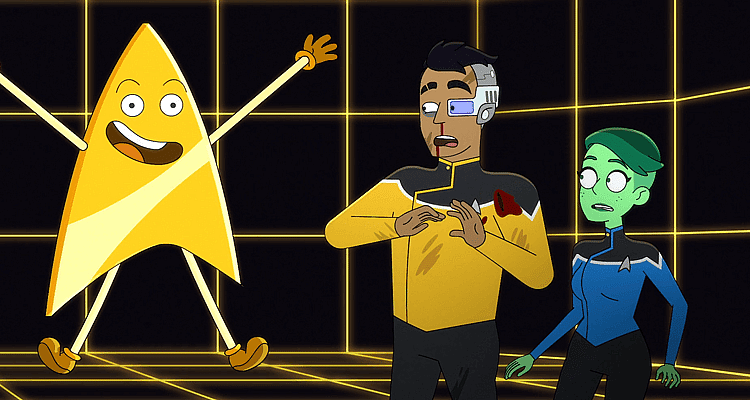
Review: Star Trek: Lower Decks Episode 3 – Temporal Edict – The Funniest Joke In All of Starfleet?
Terminal Provocation suffers from the same issue that last week’s episode, Cupid’s Errant Arrow did, which is the fact that these plots are just plain boring. The main plot is a simple “man blames others for his own faults” plot line, while the Tendie and Rutherford’s story is a play on the various holodeck issues seen throughout the franchise, particularly TNG’s A Fistful of Datas and Voyger’s Worst Case Scenario episodes. Lower Decks fails to explore these plotlines through a new perspective or context, which ultimately results in a retread of previous Star Trek stories dragged along by the series’ trademark predictable humor.

It is also difficult to care about Mariner and Boimler’s plot line when basic television screenwriting essentially gives away the plot. Between Fletcher’s appearance as the token ‘character-of-the-week’ and his obvious overreactions towards others when his story is contradicted, audiences are practically told who’s responsible for the core’s removal not five minutes into the episode. Even if one were to assume the core was stolen by the episode’s antagonists, a crew of selfish alien scavengers, viewers will find little interest in something that is mapped to return to the status quo by next week’s episode.
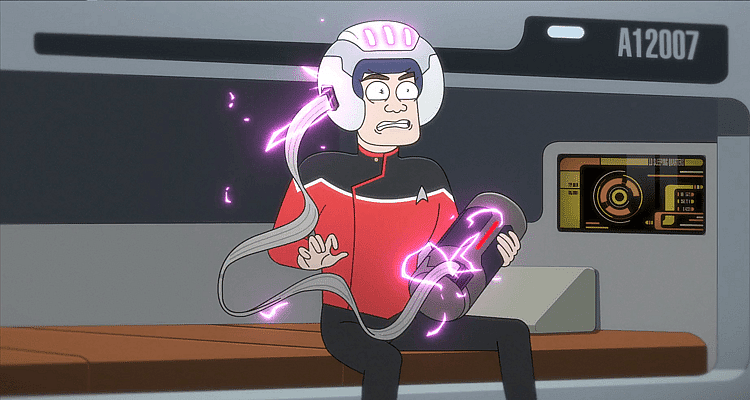
Related: Star Trek: Lower Decks VA Jerry O’Connell Responds To Fan Claims That Show Is Failing
While the entire existence of Badgie felt like an out-of-place attempt to emulate cartoonish-yet-practical creatures such as Rick and Morty’s Meeseeks or South Park’s Mr. Hanky, it did give way to way could be considered the highlight of the episode. In order to give Tendie an earnest chance at survival during their escape from Badgie, Rutherford turns to engage his creation in combat. What ensues is an admittedly well-animated and well-directed scene that feels like it received more effort than any other aspect of the series.

Of the episodes aired thus far, Terminal Provocations may be the most unnecessary in its existence, as its plots are nothing more than retreads of previous Star Trek storylines that have no lasting effect on the Cerritos or her crew. It’ is a shame that the series is so dedicated to its comedic angle, because it continues to provide glimpses of interesting story ideas and quality production choices amidst its failing humor and inconsequential plot lines. Unfortunately, as Star Treks: Lower Decks is unlikely to try anything in earnest, viewers should buckle up for four more weeks of unremarkable television.
